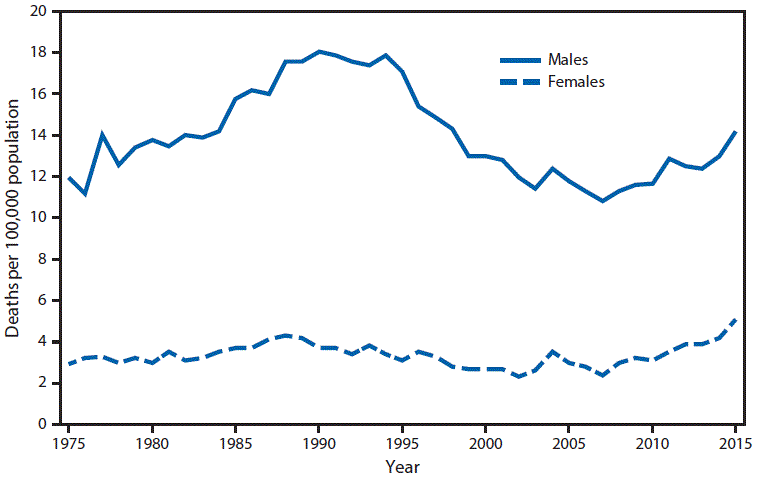- Gambling Related Suicides Australian
- Gambling Related Suicides Australia Fires
- Gambling Related Suicides Australia Wildfires
A study undertaken in Hong Kong in 2010 found that of the 233 gambling suicides in the city over the course of a year, 110 of the victims had significant debts related to their problem. Gambling addiction was a contributing factor in nearly 130 suicides in Victoria over the past decade, according to figures released by the Victorian coroner. John dagostino poker 2018. The report identified 128.

Addicts 6x more likely to consider suicide
New research has revealed that problem gamblers have a six times greater chance of having suicidal thoughts, or attempt to kill themselves. They are also 15 times more likely to actually die by suicide.
The report was commissioned by the UK's leading problem gambling charity, GambleAware. It calls upon the government to do much more to combat the perils of gambling.
The level of risk for problem gamblers remains the same, even when weighted for other potential contributing factors such as financial worries, substance abuse and depression. Even ignoring such factors, problem gamblers are still three times likelier to either contemplate or attempt suicide.
Of those who partook in the study, 19% had suicidal thoughts over the past 12 months, in comparison with 4.1% of the general population. Likewise, 4.7% had attempted suicide attempt compared with 0.6% of the general population.
Gambling Related Suicides Australian
A study recently published in Sweden showed similar results, linking problem gambling and suicide. While the criteria used were somewhat different, the basic conclusion remains the same.
Profound harms
One of the authors of the report is a London School of Hygiene and Tropical Medicine professor. She believes urgent action is needed to help protect people with addiction issues.
Dr Heather Wardle said: 'The harms from gambling are profound and can be devastating for individuals, families and communities. These results show how people with gambling problems are a higher risk group for suicidality.'
She added that additional training is needed for staff who could potentially interact with people who may be suicidal. She was critical of gambling companies, saying they need to 'put people before profit.'
Urgent action needed
Liz and Charlie Ritchie lost their 24-year-old son Jack to suicide following struggles with a gambling addiction. They have backed the results of GambleAware's research. They said that lax regulation of the gambling industry is a contributing factor to suicides like that of their son.
The Ritchies are also taking legal action to make the government legally liable for Jack's death. They believe that each year in the UK hundreds of suicides are linked to gambling issues. They are calling on the government, the industry and the regulators to act now.
Gambling Related Suicides Australia Fires
One area the Ritchies believe needs urgent action is banning gambling advertising. They also want a mandatory levy on gambling companies' revenues. Currently, there is a voluntary levy, but it does not generate the funds that it should. Some gambling companies are contributing as little as £1 annually.
Gambling Related Suicides Australia Wildfires

Addicts 6x more likely to consider suicide
New research has revealed that problem gamblers have a six times greater chance of having suicidal thoughts, or attempt to kill themselves. They are also 15 times more likely to actually die by suicide.
The report was commissioned by the UK's leading problem gambling charity, GambleAware. It calls upon the government to do much more to combat the perils of gambling.
The level of risk for problem gamblers remains the same, even when weighted for other potential contributing factors such as financial worries, substance abuse and depression. Even ignoring such factors, problem gamblers are still three times likelier to either contemplate or attempt suicide.
Of those who partook in the study, 19% had suicidal thoughts over the past 12 months, in comparison with 4.1% of the general population. Likewise, 4.7% had attempted suicide attempt compared with 0.6% of the general population.
Gambling Related Suicides Australian
A study recently published in Sweden showed similar results, linking problem gambling and suicide. While the criteria used were somewhat different, the basic conclusion remains the same.
Profound harms
One of the authors of the report is a London School of Hygiene and Tropical Medicine professor. She believes urgent action is needed to help protect people with addiction issues.
Dr Heather Wardle said: 'The harms from gambling are profound and can be devastating for individuals, families and communities. These results show how people with gambling problems are a higher risk group for suicidality.'
She added that additional training is needed for staff who could potentially interact with people who may be suicidal. She was critical of gambling companies, saying they need to 'put people before profit.'
Urgent action needed
Liz and Charlie Ritchie lost their 24-year-old son Jack to suicide following struggles with a gambling addiction. They have backed the results of GambleAware's research. They said that lax regulation of the gambling industry is a contributing factor to suicides like that of their son.
The Ritchies are also taking legal action to make the government legally liable for Jack's death. They believe that each year in the UK hundreds of suicides are linked to gambling issues. They are calling on the government, the industry and the regulators to act now.
Gambling Related Suicides Australia Fires
One area the Ritchies believe needs urgent action is banning gambling advertising. They also want a mandatory levy on gambling companies' revenues. Currently, there is a voluntary levy, but it does not generate the funds that it should. Some gambling companies are contributing as little as £1 annually.
Gambling Related Suicides Australia Wildfires
A group of gambling companies have said they want to avoid a mandatory levy. Instead they have offered to increase the amount they pay for the next five years, up to 1% of their annual revenues. This would see GambleAware receive about £60m each year.